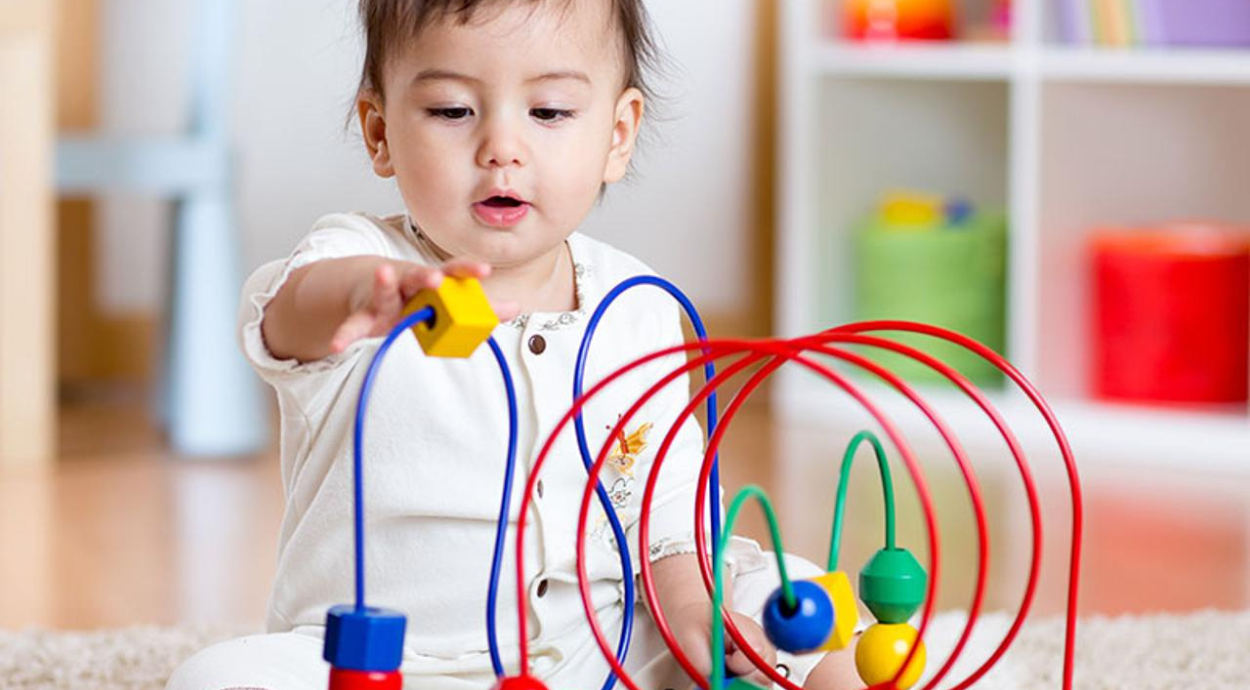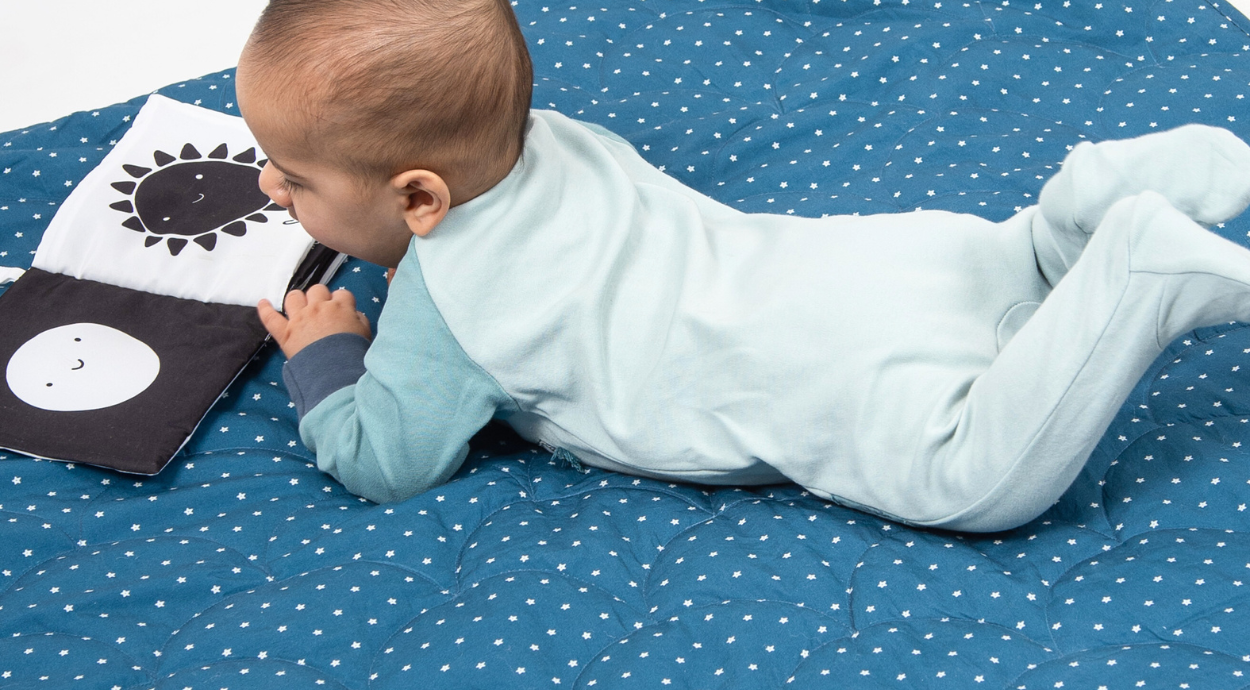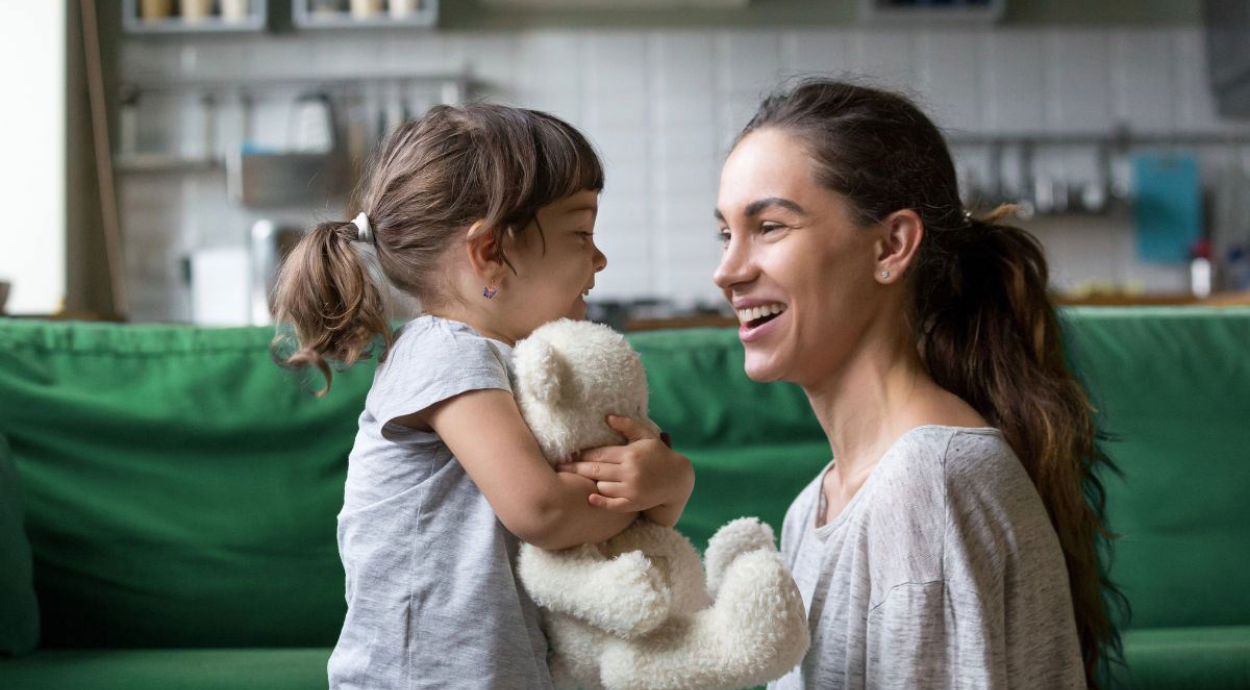From the moment they are born, babies begin an incredible journey of brain development. Every smile, every cuddle, every sound, and color they experience is a signal to their rapidly growing brain. In fact, during the first three years of life, a baby’s brain forms more than a million neural connections every second. This foundational phase is critical—it shapes how they learn, think, feel, and interact with the world for years to come.
This is why the kind of interaction and engagement a baby receives during this stage is so important. One powerful way to support this natural growth is through intentional, play-based learning. And when it comes to nurturing a baby’s brain in a respectful, development-focused way, Montessori learning offers a beautiful path forward.
What Is Montessori Learning?
Montessori learning is an educational approach developed by Dr. Maria Montessori that centers around independence, freedom within limits, and respect for a child’s natural psychological development. While it's often associated with preschoolers and older children, the Montessori method is just as effective—if not more so—when introduced in infancy.
Rather than rushing babies through milestones, Montessori focuses on creating the right environment that encourages them to explore, observe, and learn at their own pace. It’s about giving babies the tools to engage with their surroundings meaningfully and letting their natural curiosity guide the way.
How Early Can We Start Montessori Learning for Babies?
Montessori learning can begin as early as birth. In fact, Dr. Montessori recognized the period from birth to age 3 as the "absorbent mind" phase—a time when children unconsciously soak in everything around them. At this age, babies aren’t being taught in the traditional sense. Instead, they’re learning simply by being present, engaged, and encouraged.
Parents can introduce Montessori principles through simple daily routines—like mindful feeding, unhurried diaper changes, and creating a calm and sensory-rich space. As the baby grows, Montessori activities can be slowly introduced, each supporting their stage of development and nurturing their brain through hands-on exploration.
Montessori Activities to Stimulate Brain Development in Babies
Here are some age-appropriate Montessori-inspired activities you can do with your baby to promote brain development:
Tummy Time with Purpose
Lay your baby on a soft mat with a mirror or high-contrast images nearby. This not only strengthens muscles but also encourages visual tracking and self-awareness.
Montessori Mobiles
Mobiles like the Munari or Gobbi provide visual stimulation and help your baby develop focus, depth perception, and visual discrimination.
Sensory Baskets
Introduce baskets filled with safe household objects of different textures, weights, and temperatures. Let your baby explore with their hands and mouth—this helps build sensory processing and motor skills.
Object Permanence Box
This classic Montessori toy helps babies understand that objects exist even when they can’t be seen, which is an important milestone in brain development.
Treasure Baskets
For older babies who can sit, create baskets with items made of wood, metal, or fabric. Rotate the items every few days to keep exploration fresh and exciting.
Music and Rhythm Time
Clap gently, play soft music, or use bells. Music enhances auditory processing, pattern recognition, and emotional development.
Why Is This Important?
Montessori activities may seem simple on the surface, but they work wonders in supporting cognitive, emotional, and physical development in babies. By giving your baby freedom to explore within a prepared environment, you’re not just helping them learn—you’re also nurturing their sense of self, confidence, and inner motivation.
In a world that often pushes for faster milestones, Montessori learning invites us to slow down and honor the unique pace of every child. And when we do that, we create not just smarter children—but more curious, compassionate, and capable humans.





Leave a comment
All comments are moderated before being published.
This site is protected by hCaptcha and the hCaptcha Privacy Policy and Terms of Service apply.